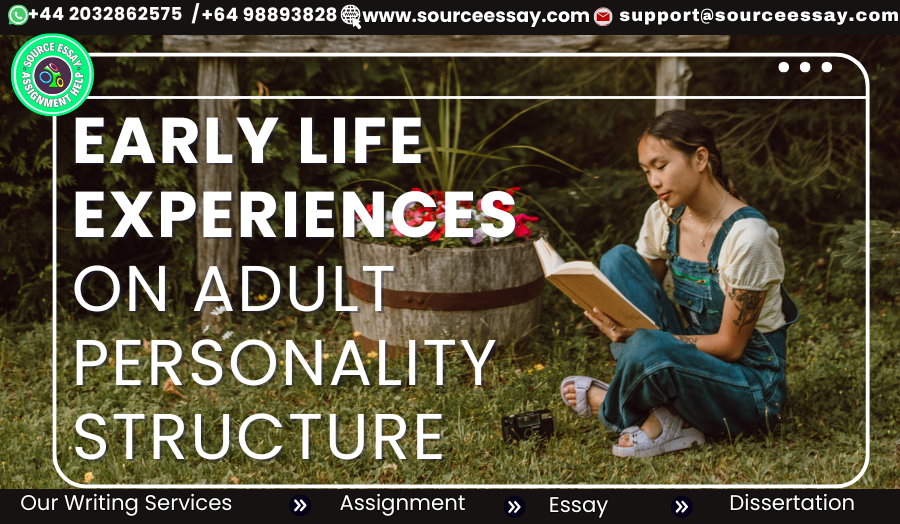Positive childhood experiences (PCs)
A recently published resort highlights the association between adverse childhood experiences (ACEs) and positive childhood experiences (PCs) that take place within a family, as well as their impact on adulthood. Earlier research has consistently found a correlation between the impact of ACEs and PCs on mental and physical health in adulthood.
The research methodology
We cannot deny the fact that Earth, through intergenerational patterns and routines, significantly impacts childhood experiences, which in turn affect families’ health outcomes in the future. The study surveyed 1,030 adults in politics and employed quota sampling to represent the demographic characteristics of the United States. The basic methodology focused on quota sampling and quadratics, and various families were surveyed, which we will discuss later.
Childhood experiences such as adverse childhood experiences (ACEs) and positive childhood experiences (PCEs) are divided into four family health domains: family health lifestyle, family health resources, family external social support, and family social and emotional health processes.
Along with that, they also have demographic characteristics based on education, gender, race, age, and marriage, which they also analyzed.
Interactions and capacities
Data obtained from the research was analyzed using structural equation modeling (SEM), and they also assessed the relationship between childhood experiences and their impact on family health.
The concept of family health is an intersection of the health of individual family members, which depends on various factors such as their interactions and capacities. It correlates with the social, emotional, medical, and economic resources available. There is a positive correlation with care, belonging, and responsibility, which overall impacts the health of the individual.
Throughout the family structure
If we underscore the key to family health, it is based on family and social health processes where various dynamics relate, such as emotional safety, cohesion, communication, and rational dynamics. These are based on the aforementioned family health, and lifestyle is another factor that includes exercise and nutrition, along with medical advice. It represents a collective type of behavior.
To be the next domain, which is family external and social support, it analyzes the external network for advice and assistance throughout the family structure. When it comes to family health resources, it serves as a coping resource for daily functioning, along with all financial assets.
Some theoretical frameworks we have to understand to grasp the overall concept of PCEs.
Your biopsychological trajectory
The resilience theory highlights factors that help mitigate risks in families and improve health outcomes. Promoted factors enable individuals to develop coping skills, self-efficacy, and optimism. Additionally, resilience to negative impacts, along with social and cognitive growth, will model mentors in a positive manner.
Another theory that is popularly utilized is called life course theory, which emphasizes how early life events shape your biopsychological trajectory over time. It analyzes various principles such as human agency, where families and individuals focus mainly on proactive choices. They establish trust and stability in their family, even when adversity is ongoing.
Some sort of dysfunction
It also underscores the interior interdependency in any family, which influences how it goes towards PCEs or ACEs. For example, those families who experience various levels of stress have some sort of dysfunction, which will lead them to ACEs. On the other hand, those families with strong relationships may go on a path to fostering PCEs.
When we analyze adverse childhood experiences, it can include family dysfunction, household challenges such as parental mental illness or substance use. It can also include abuses within the family that eventually lead to dysfunction and some sort of chronic inflammation, which has a long-term impact on poor family dynamics and health disorders.
Lead to resilience and adaptation
Positive childhood experiences may include a stable routine, a supportive environment, and a nurturing relationship within the family. These factors eventually lead to resilience and adaptation, countering the negative impact of adverse childhood experiences. A family that promotes adulthood with balanced physical and mental health is also essential.
When we analyse ACEs and PCEs, it impacts our biophysical mechanism. When it comes to family health. When the family has ACEs it causes dysfunction. On the other hand if it has a PCEs, it provides you with an adaptive tool which somehow helps you to mitigate all the Afterwards of your adverse impacts highlighting the role of shaping a better mental and physical outcome over the time even in adulthood.
Assignment help Sydney Assignment help Brisbane Assignment help Canberra

